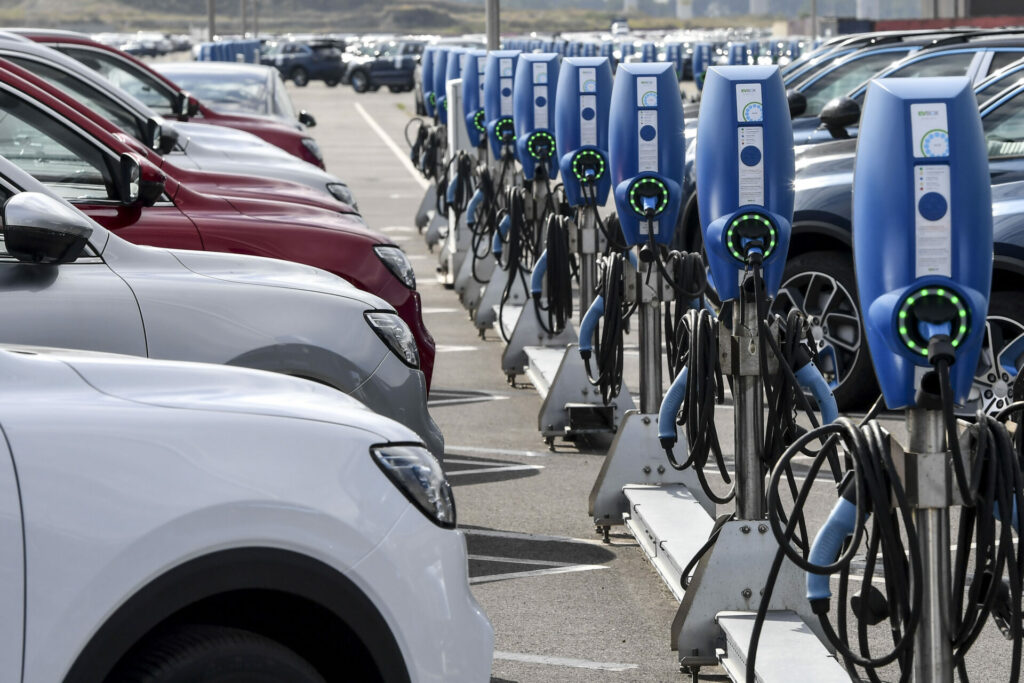With electric cars set to take over the automotive market in a few years, the overall value of car premiums is expected to increase by 2.1 times by 2030 as prices will go up, according to a study carried out by the consulting firm Capgemini and presented at Assuralia.
With electric, connected and autonomous vehicles increasingly arriving on the market, purchase and repair costs will soar, which will be reflected in premiums as an eightfold increase is expected by 2030. Although internal combustion vehicle premiums will also increase – by 40% by 2030 – it will be these new types of vehicles which will drive up prices.
"There are two reasons for the increase in premiums," said Jan Verlinden, insurance specialist at Capgemini. "Inflation in the list price of electric vehicles and the increase in repair costs."
Twofold interest
While electric cars seem more reliable than internal combustion vehicles in terms of less frequent breakdowns, they come with other issues. Verlinden noted that as soon as the vehicle's battery is affected, the prices explode. Repair costs for electric cars are 53% higher than for internal combustion vehicles, according to the study. The insurance specialist also mentioned that many electric car drivers have not yet fully mastered their driving habits.
The growing use of electric cars is also causing a stir within the car insurance market as more manufacturers have begun offering their own insurance policies. Three-quarters of vehicle manufacturers on the European continent have an integrated insurance policy, the study found.
"For the manufacturers, the interest is twofold," Verlinden stated. "They offer all the services related to the car under their own brand, and they can use the vehicle's driving data (acceleration, consumption, bends, etc.) to offer insurance policies based on the driver's behaviour."
Related News
- Electric car price is biggest obstacle to electric driving
- Electric cars already cheaper, bar smaller models
However, insurance companies see this as a new form of competition and the study found that 75% of insurers are worried about this disintermediation in their market. Verlinden stated that insurers will be forced to adapt and "get closer to vehicle manufacturers to conclude partnerships that are profitable for both parties."
Not only will insurers have to adapt to new players in the market, but they will also have to adapt how they assess risk. Verlinden explained that there are now risks that were not present before: "For example, the risk of piracy will have to be taken into account." The cyber component, which has not been the case until now, will have to be included in car insurance policies.
Lastly, insurers will have to start considering the question of liability in the event of an accident involving autonomous vehicles – would the accident be the fault of the driver, the manufacturer or the software?

